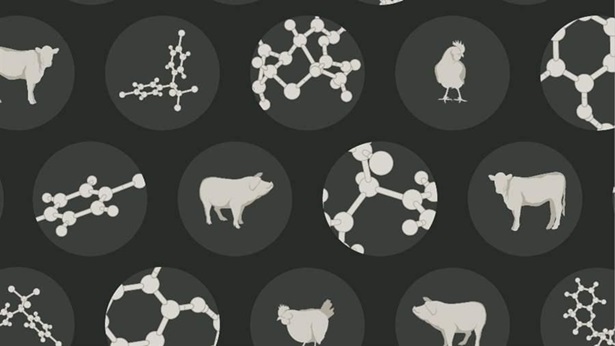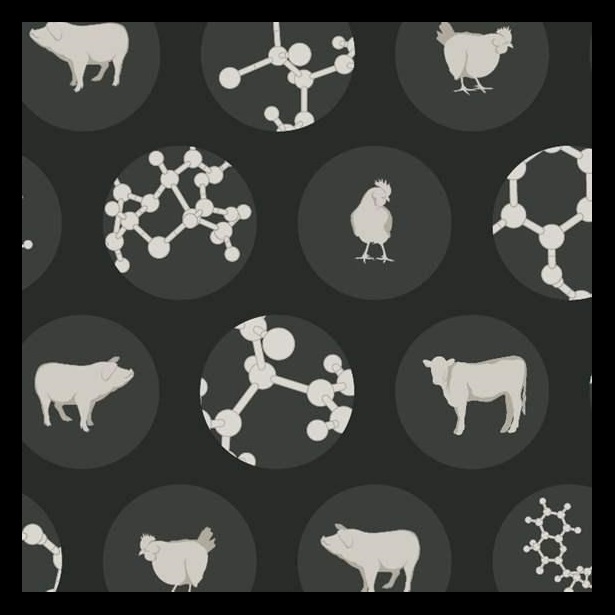Deficiencies in National Residue Program Oversight

Residues of drugs, pesticides, and environmental contaminants in meat and poultry products can cause acute and chronic health problems. For nearly 50 years, the U.S. Department of Agriculture's National Residue Program (NRP) has monitored chemicals in these products. In a new report evaluating this important program, The Pew Charitable Trusts highlights four major deficiencies and offers recommendations for strengthening the NRP's scientific rigor and transparency.













